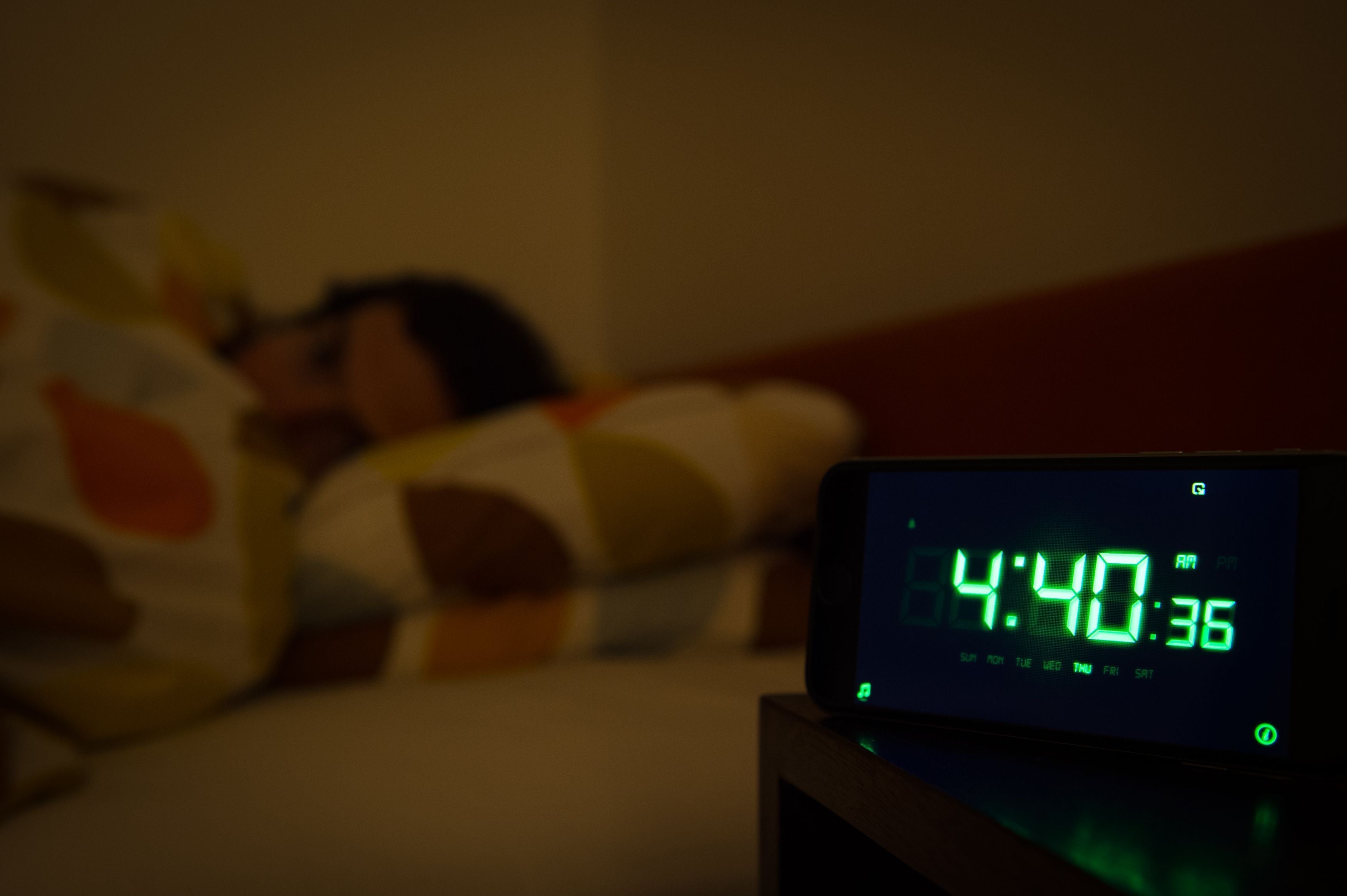People who sleep badly are less likely to help others, study finds
“Altruistic acts, such as drives to help victims of natural disasters or war, can be hampered by even minor reductions in a society’s sleep,” say the study’s authors

People who sleep badly are less likely to help others, according to a new study.
Researchers at the University of California, US found that sleep deprivation caused reduced activity in the part of the brain associated with positive social behaviours.
They found that people were 10 per cent less likely to donate to charity after experiencing one hour less of sleep.
“Our willingness to help others is fundamental to human society,” said the study’s authors.
“Replicated across three different experiments, the researchers examined how sleep loss affects this essential human behaviour.”
For the study, researchers examined people’s willingness to help others through a self-reported altruism questionnaire after a night of normal sleep and after a night of sleep deprivation, then had their their brain activity assessed using fMRI imaging.
They also gave groups of people the altruism questionnaire after keeping sleep diaries evaluating sleep quality and quantity, and monitored charitable donations made in the US in the weeks before and after losing an hour of sleep due to Daylight Saving Time.
The fMRI scans showed that a lack of sleep reduced activity in the part of the brain network understood to be more active during pro-social behaviours, which results in participants reporting less desire to help others in the first two experiments.
“The study indicates that altruistic acts, such as drives to help victims of natural disasters or war, can be hampered by even minor reductions in a society’s sleep,” add its authors.
They also theorise that timing when to ask people for help or charitable donation to when they have had adequate sleep could make such asks more effective.
“This new research demonstrates that a lack of sleep degrades the very fabric of human society itself. How we operate as a social species — and we are a social species — seems profoundly dependent on how much sleep we are getting.”
The study, titled ‘Sleep loss leads to the withdrawal of human helping across individuals, groups, and large-scale societies’, was published in the PLOS Biology Journal.



Join our commenting forum
Join thought-provoking conversations, follow other Independent readers and see their replies
Comments